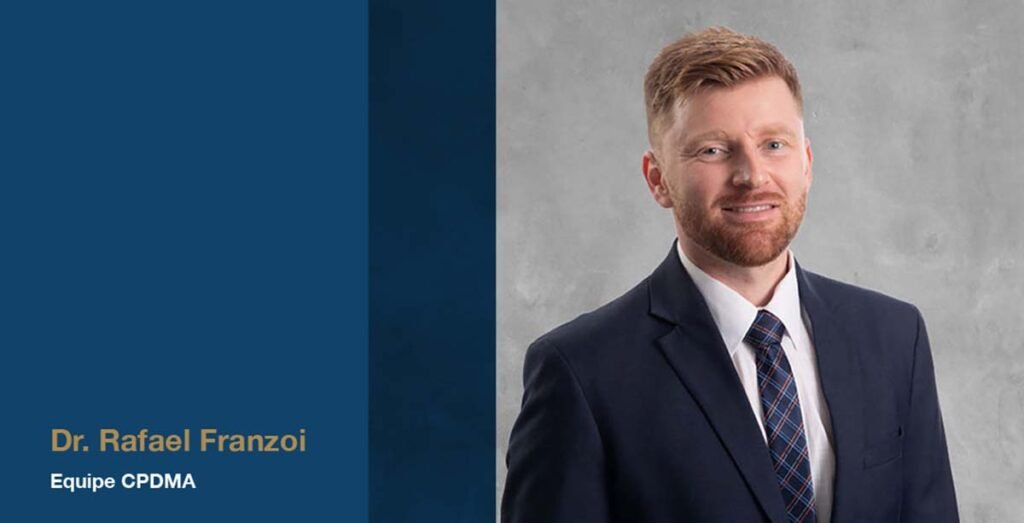
Até o início da vigência da Lei 13.467/2017 – conhecida como Reforma Trabalhista – para uma empresa em recuperação judicial recorrer de uma sentença ou acórdão perante a justiça do trabalho, ela era obrigada a realizar o pagamento do depósito recursal e das custas processuais.
A nova legislação, contudo, passou a prever que empresas em recuperação judicial estão isentas do recolhimento do depósito recursal, de sorte que, a partir de então (i.e., do deferimento do processamento da recuperação judicial), as discussões sobre a dispensabilidade de tais depósitos devem ter-se por superadas.
Questão distinta, contudo, é a atinente à destinação dos valores dos depósitos recursais recolhidos anteriormente ao deferimento do processamento da recuperação judicial.
O processo de recuperação judicial é procedimento que busca a reestruturação da empresa em crise pela organização das dívidas de forma a evitar o seu colapso.
No curso do processo de conhecimento trabalhista, é comum verificar que empresas entram em recuperação judicial e solicitam que os valores que se encontram à disposição do juízo trabalhista sejam liberados para fins de utilização no plano de recuperação.
Isto porque, uma vez deferido o processamento da recuperação judicial, não mais subsiste a competência da Justiça do Trabalho para praticar quaisquer atos que envolvam o patrimônio da empresa recuperanda, inclusive sobre valores relativos a depósitos recursais realizados para garantia do juízo trabalhista antes do deferimento do pedido de recuperação judicial.
Essa é a jurisprudência solidificada no âmbito do Superior Tribunal de Justiça (STJ), e a sétima turma do Tribunal Superior do Trabalho (TST), reafirmou o mesmo entendimento, em julgamento proferido no dia 10/06/2022:
“RECURSO DE REVISTA DA RÉ. LEI Nº 13.467/2017. EXECUÇÃO. LIBERAÇÃO DOS DEPÓSITOS RECURSAIS DO CRÉDITO TRABALHISTA. EMPRESA EM RECUPERAÇÃO JUDICIAL. COMPETÊNCIA DO JUÍZO UNIVERSAL. TRANSCENDÊNCIA POLÍTICA CONSTATADA. A competência da Justiça do Trabalho, em relação aos débitos trabalhistas das empresas em falência ou recuperação judicial, se limita à definição e quantificação dos direitos dos empregados. Todos os valores arrecadados, inclusive os que se referem a eventuais depósitos recursais, devem ser colocados à disposição do Juízo Universal. Precedentes. Recurso de revista conhecido e provido. (RR-11966-59.2014.5.03.0163, 7ª Turma, Relatora Ministro Cláudio Mascarenhas Brandão, DEJT 10/06/2022).
A segunda Turma do Tribunal Superior do Trabalho, também já se posicionou a a respeito, vejamos:
“EMPRESA EM RECUPERAÇÃO JUDICIAL. IMPOSSIBILIDADE DE LIBERAÇÃO DOS DEPÓSITOS RECURSAIS AO AUTOR AINDA QUE EFETUADOS ANTES DO DEFERIMENTO DA RECUPERAÇÃO. VALORES QUE DEVEM SER POSTOS À DISPOSIÇÃO DO JUÍZO UNIVERSAL. Os bens de titularidade da empresa recuperanda eventualmente penhorados pelo juízo trabalhista devem ser postos à disposição do Juízo Universal, o que inclui os depósitos recursais e judiciais por ela efetuados nos presentes autos, ainda que realizados antes da decretação da recuperação judicial. Recurso de revista conhecido e provido.” (RR-21934-97.2014.5.04.0030, 2ª Turma, Relatora Ministra Maria Helena Mallmann, DEJT 25/03/2022).
Ou seja, a competência da justiça do trabalho extingue-se com a quantificação do crédito do reclamante, que em seguida deverá ser habilitado junto ao processo de recuperação judicial.
Importante ressaltar a existência de uma corrente que defende que, uma vez que os valores não estão mais na disponibilidade da empresa, não poderia ela exigir seu uso no plano de recuperação, razão pela qual esse pedido deveria ser indeferido.
A impossibilidade de expropriação de bens da empresa recuperanda pelo juízo trabalhista, contudo, não se limita aos bens encontrados depois do processamento da recuperação. Na verdade, todos os bens ainda de propriedade da empresa podem ser utilizados no plano de recuperação, e os valores dos depósitos – que nada mais são do que garantia do juízo – ainda pertencem à empresa.
Assim, cabe ao juízo trabalhista observar a destinação fixada pelo juízo da recuperação, inclusive remetendo os valores para a Justiça Comum, conforme o caso.
É absolutamente elogiável este entendimento jurisprudencial, sendo aplicável a processos que se encontrem tanto na fase recursal como na fase de liquidação, de modo que os valores relativos a depósitos recursais sejam colocados à disposição do juízo da recuperação judicial, único competente para definir a destinação do patrimônio da empresa recuperanda.